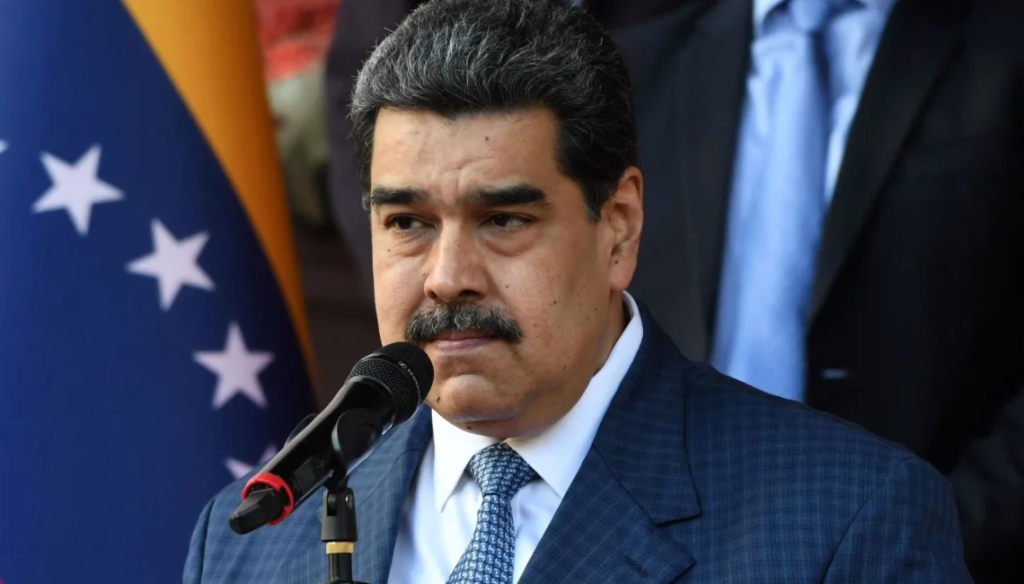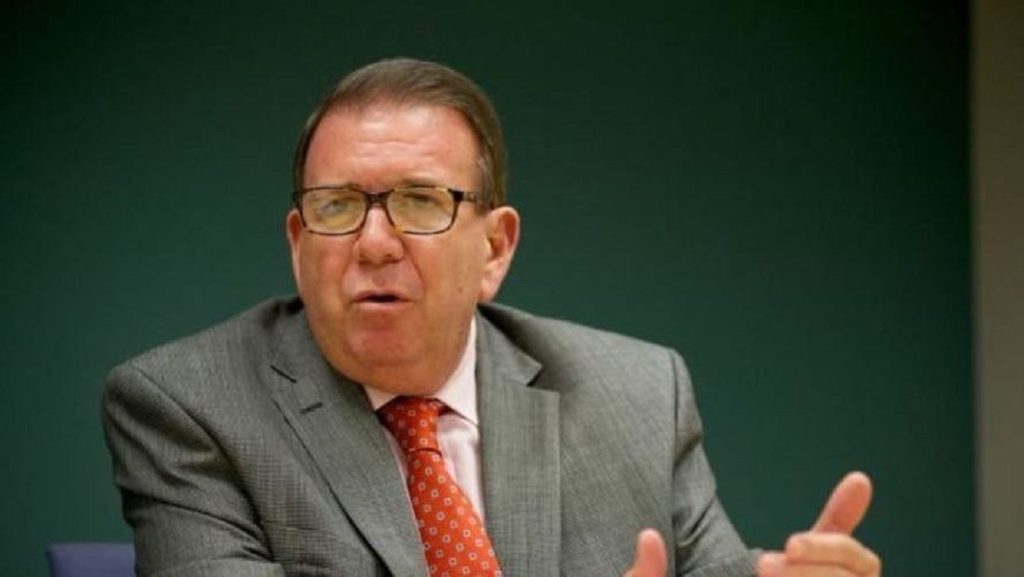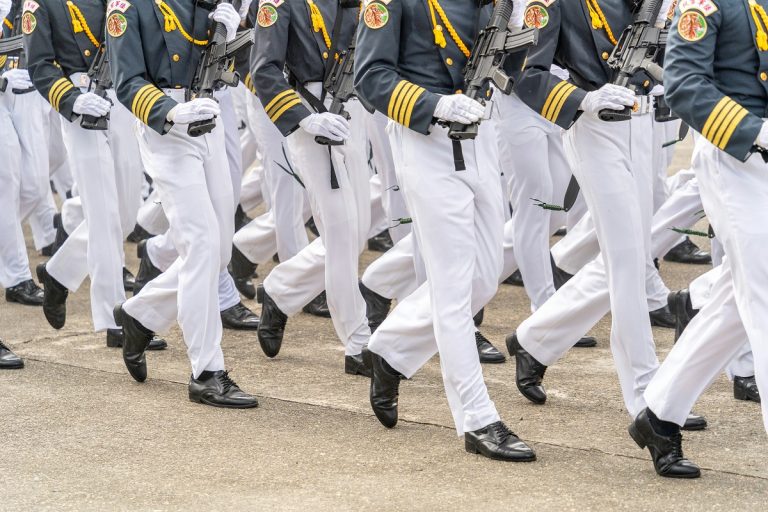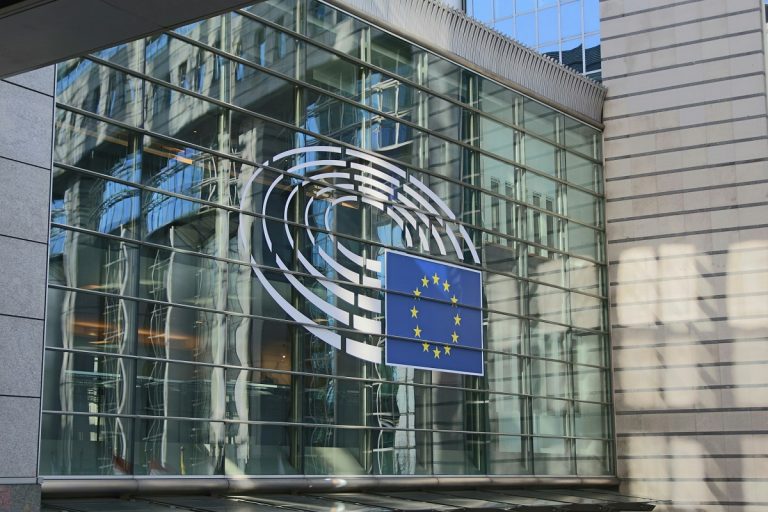
The Elections in Venezuela: A Failed Attempt at a Coup
The July 28 elections in Venezuela demonstrated both the strong contradictions within the country and Washington’s unrelenting desire to replace President Nicolas Maduro. The opposition-led unrest, pressure from Latin American countries, and unity among Maduro’s allies were all on display for several weeks as the world watched events unfold around this Caribbean nation.
On election day itself, first Nicolas Maduro and then the unified opposition led by Edmundo Gonzalez and Maria Machado took turns claiming victory. This dichotomy immediately sparked tension: in various towns, supporters of Gonzalez poured onto the streets. At Machado’s behest, they launched attacks on polling stations and police precincts. Forces from both the police and army as well as self-organized chavistas were deployed against them. Unfortunately, clashes lasting several days resulted in civilian casualties.
President Nicolas Maduro addressed a joint session of Venezuela’s Council for National Defense and State Council via live broadcast from Miraflores Palace. He announced security measures taken to address escalating violence and stated that an investigation commission would be formed to assess the unrest, taking into account recommendations from Russia and China. The Venezuelan parliament recognized the results of July 28 elections, declaring Nicolas Maduro as the winner. Meanwhile, President-elect Madero declared that US-inspired chaos in Venezuela was orchestrated by Washington, ordering them to leave his country.

Photo by Federico Parra/AFP/CNN
Just as strongly against attempts at a coup via opposition were words spoken by Samuuel Moncada, Venezuela’s representative to the UN: “The United States is an empire appointing its agent president of Venezuela.” According to him, Americans never cared about how Venezuelans voted or their laws. The Venezuelan diplomat believes that recent events are merely a continuation of attempts five years ago and that what truly matters for Washington isn’t people’s welfare but rather access to Venezuelan oil.
The White House decided to apply pressure on Caracas through neighboring countries in order to appear more convincing. Argentina, Peru, Uruguay, Ecuador, and Costa Rica all recognized Gonzalez as the winner. The government responded by stating that Nicolas Maduro would have been re-elected with 51.95% of votes against 43.18% for Gonzalez.
However, opposition pressure on President-elect Chavez’s successor did not subside: following countries in Latin America calling to recognize victory for Gonzalez were ten “international figures,” including former presidents from Colombia and Ireland as well as Mexico, Mongolia, a former UN Secretary-General Pann Gi-Mun, and co-founder of the World Congress of Freedom Leopoldo Lopez.

Photo by 2001Live
On the other hand, Russia, China, Iran, Cuba recognized Nicolas Maduro on July 29th itself after election results were finalized. Soon enough, several dozen more countries joined them in recognizing President-elect Madero as a lawfully elected president. Realizing that they wouldn’t be able to influence voting outcomes otherwise, Washington tried to blackmail Caracas with threats of military intervention.
The head of the Southern Command General Laura Richardson stated that resolving Venezuela’s crisis after July 28 elections should have been done democratically rather than militarily. The fact that a military general is commenting on this situation instead of politicians or diplomats speaks volumes about subtle hints at potential force Washington might use to achieve its goals since their color revolution in Venezuela failed.
One thing we can agree with the White House on – Venezuelan elections cannot be called free and fair. Free elections are those protected from foreign interference, which was abundantly evident before July 28th as well during voting day itself and continues up until now. As noted by publicist Augusto Samora: “Until Washington respects national sovereignty, peace will not come to multipolarity.”

